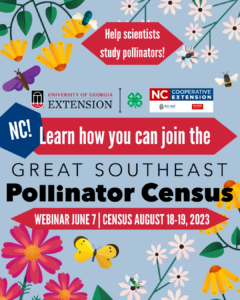
Webinar: NC Participates in the Great Southeastern Pollinator Census
We are very excited to share a new community science program for North Carolinians: the Great Southeast Pollinator Census. …


El inglés es el idioma de control de esta página. En la medida en que haya algún conflicto entre la traducción al inglés y la traducción, el inglés prevalece.
Al hacer clic en el enlace de traducción se activa un servicio de traducción gratuito para convertir la página al español. Al igual que con cualquier traducción por Internet, la conversión no es sensible al contexto y puede que no traduzca el texto en su significado original. NC State Extension no garantiza la exactitud del texto traducido. Por favor, tenga en cuenta que algunas aplicaciones y/o servicios pueden no funcionar como se espera cuando se traducen.
Inglês é o idioma de controle desta página. Na medida que haja algum conflito entre o texto original em Inglês e a tradução, o Inglês prevalece.
Ao clicar no link de tradução, um serviço gratuito de tradução será ativado para converter a página para o Português. Como em qualquer tradução pela internet, a conversão não é sensivel ao contexto e pode não ocorrer a tradução para o significado orginal. O serviço de Extensão da Carolina do Norte (NC State Extension) não garante a exatidão do texto traduzido. Por favor, observe que algumas funções ou serviços podem não funcionar como esperado após a tradução.
English is the controlling language of this page. To the extent there is any conflict between the English text and the translation, English controls.
Clicking on the translation link activates a free translation service to convert the page to Spanish. As with any Internet translation, the conversion is not context-sensitive and may not translate the text to its original meaning. NC State Extension does not guarantee the accuracy of the translated text. Please note that some applications and/or services may not function as expected when translated.
Collapse ▲
We are very excited to share a new community science program for North Carolinians: the Great Southeast Pollinator Census. …
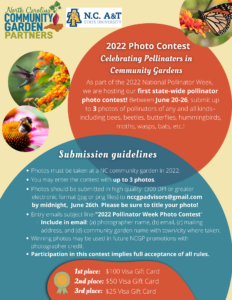
Thank you to everyone that participated in the “Hatch Butterflies” program when 4-H Embryology took a break due to …
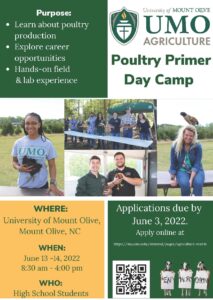
If you have a high school student interested in Poultry Science, please check out the Mount Olive Poultry Primer …
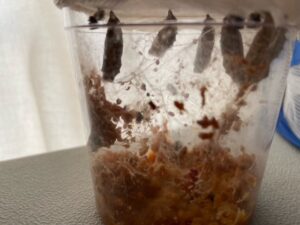
When 4-H Embryology was cancelled due to Highly Pathogenic Avian Influenza on April 5, 2022, Liz Driscoll, 4-H Horticulture …

North Carolina A&T Small Farms Week is coming up in a couple of weeks! This is a great opportunity …
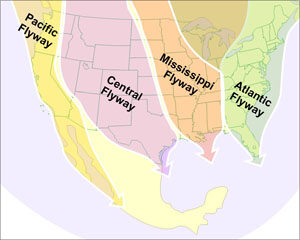
Calling all youth flock owners to help in protecting all North Carolina flocks! Highly Pathogenic Avian Influenza (known as …
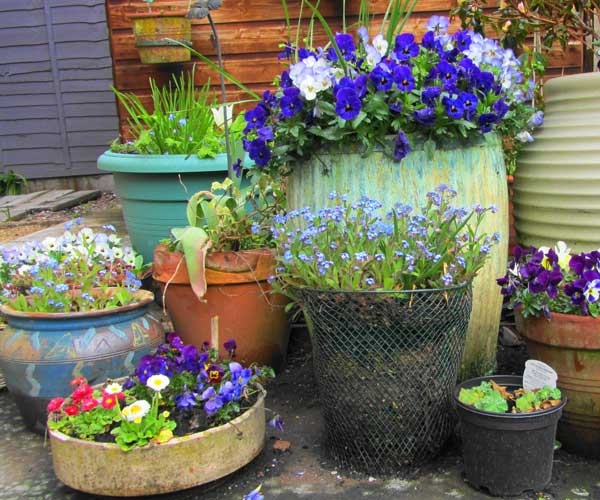
In this publication you will find ideas to get you started growing your own edibles. …

Black root rot impacts a range of woody and herbaceous ornamental plant species primarily in …
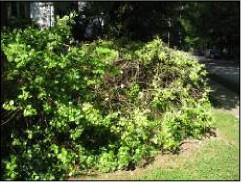
This Entomology Insect Note discusses how to identify and manage common armored scale insects that …
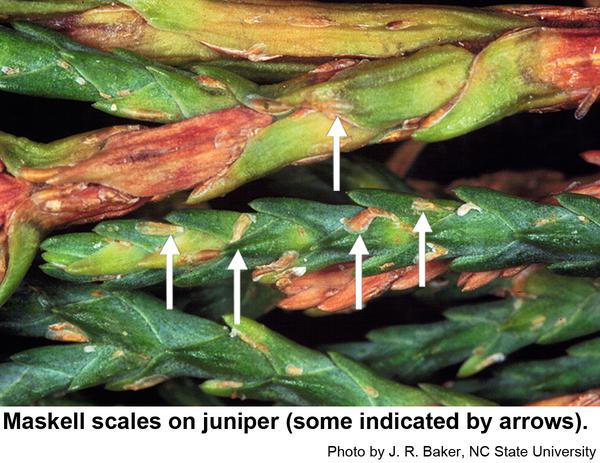
This factsheet describes the biology of the maskell scale, Lepidosaphes maskelli, and provides residential management …
This guide is designed to help turf managers identify the major turfgrass pests found in …
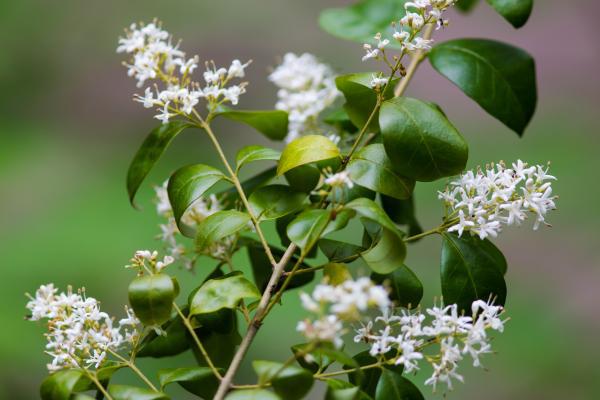
This native plants chapter of the Extension Gardener Handbook defines the term native, why gardeners …
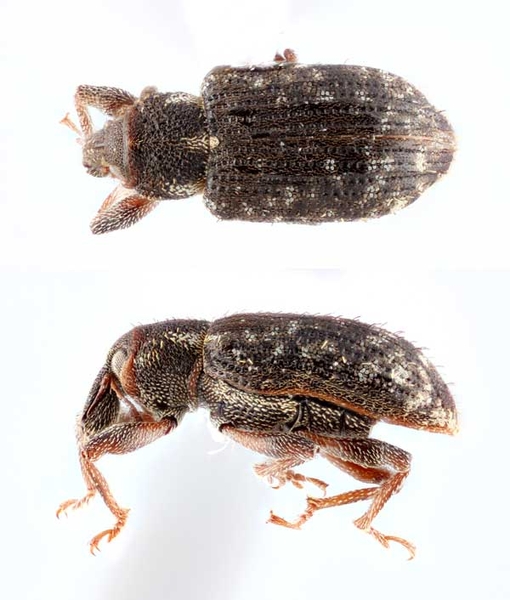
This field guide and linked resources provide information on basic insect identification, sampling methods, monitoring, …

This publication alerts prospective gardeners to some of the most common contaminants in urban soils, …